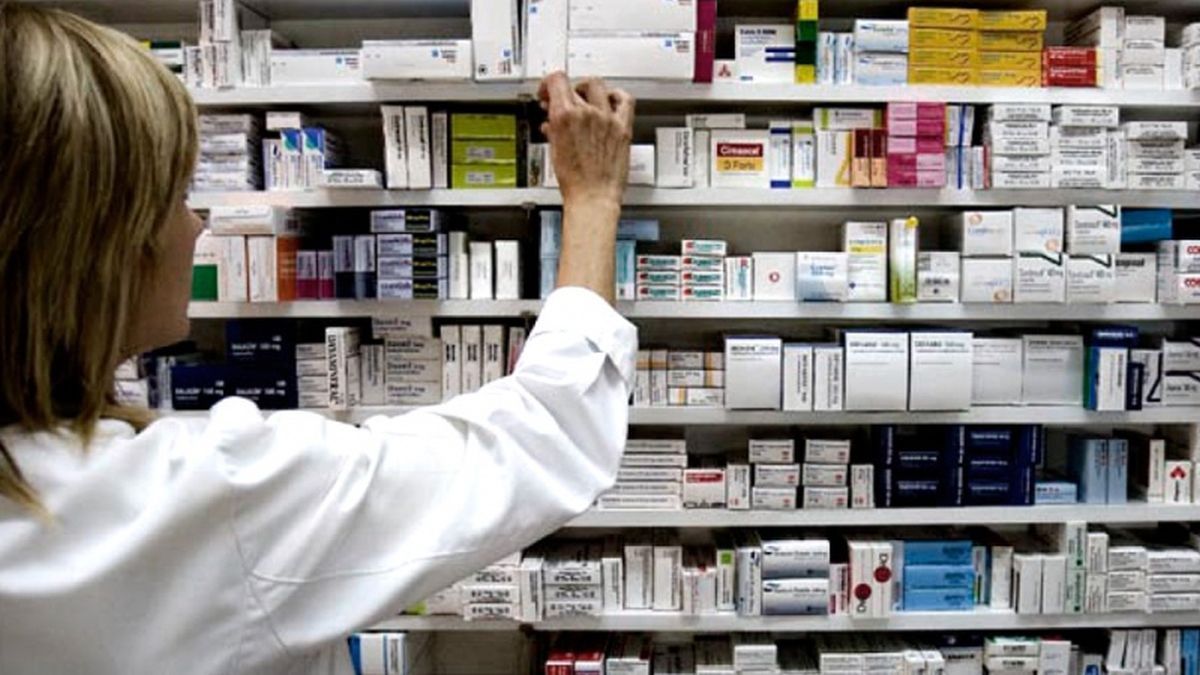He Argentine Union of Pharmacists and Biochemists (SAFYB) signed the first joint venture of 2024with an increase of 91% for the first quarter of the year in the salary of affiliated professionals.
The quarterly increase close to 100% is distributed as 19% for January, 43% for February and 29% for March, according to the minutes signed on January 3, which states that the signing was produced “by rectifying the pre-agreed values in 2023 for January and February 2024, which had to be adjusted due to inflationary indices”.
With the parity update, the initial salary for pharmacy and laboratory professionals began to have a salary floor of 750 thousand pesos per month, to which 10% for presenteeism, 12% for training, and 20% for management must be added. of the establishment and refreshments at the expense of the employer.
At the same time, the union reported that it appealed to justice against the DNU 70/23 of the government of Javier Milei because “it reduces the pharmacist’s employment source because it devalues his role, authorizing the sale of medications outside the pharmacy and pharmaceutical technical management in several simultaneous places, which ends up ensuring absence everywhere.”
Likewise, they consider that “the DNU lowers the price of pharmaceutical work and the salary of the professional, who was a major protagonist in the pandemic” and warned that “by leaving the pharmacy without a pharmaceutical director present, self-medication and addiction to medications are encouraged, “the irrational use of drugs and drug trafficking, which generate health problems and deaths, because in the absence of the pharmacist the owner of the pharmacy sells without control for reasons of profitability.”
The general secretary of the union, Marcelo Perettastressed that “the pharmacist is in charge of the origin, conservation and information about medications, and is key in vaccination, blood pressure control, monitoring the rational use of medications and, at this time of year, in production, provision and information on products against dengue, so it must always be present in your workplace.
Furthermore, he maintained that “there is no difference between ‘over-the-counter’ and ‘prescription’ medications because both are manufactured in the same way, by the same laboratory, with identical controls, and even though the dose of the over-the-counter medicines is lower, the amount of units per container means that when taking, for example, two over-the-counter tablets, the same or greater dose (and risk) is achieved than those prescribed, which is why it is essential that, as the advertising of over-the-counter medications says: ‘before If you have any questions, the patient should consult his doctor or pharmacist.
The pharmaceutical professional assured that “the DNU will not lower the price of medicines but rather encourages monopoly because its author ignores (or wants to benefit the producers) that the pharmacy does not set the price of remedies: the price of drugs is set by it.” the producing laboratory”.
The union described it as “worrying that the DNU deregulates the points of sale of medicines and devalues the pharmaceutical role, but does not encourage competition between drug-producing laboratories (there are 300 since 1990) and even “cleans up” their competition by closing them. public laboratories”.
Source: Ambito




